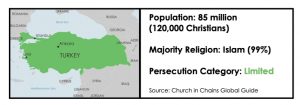
Turkey is divided between Europe (three per cent of its territory) and Asia (97 per cent). The capital is Ankara, with about five million people, but Istanbul is the largest city with about 14 million people.
Modern Turkey was founded as a secular state in 1923 by Kemal Ataturk, “The Father of the Turks”, who brought in many radical reforms. Eight years previously up to 1.5 million Armenian and Assyrian Christians had died in the Ottoman genocide of 1915.
Despite 99% of Turkey’s citizens being Muslims (the majority Sunni) it has a secular constitution that guarantees freedom of religion but there is great tension between secularists and Islamists and the country has become increasingly Islamic and nationalistic under President Recep Tayyip Erdogan. In 2018 he became Executive President – head of state and head of government – and negotiations for Turkey to join the European Union have been put on hold due to his increasingly autocratic rule.
Because many Turks believe that to be a real Turk one must be a Muslim, there has been a general rise in hate speech directed against religious minorities, with Alevi Muslims, Baha’is and Christians facing pressure. A controversial law, Article 301, prohibits publicly denigrating the Turkish nation and under its terms Christians have been accused of “anti-Turkishness”. The state-funded Diyanet (Presidency of Religious Affairs) controls religious groups and influences the extent of freedom of religion.
Since an attempted coup in July 2016 there has been an ongoing crackdown on all perceived opposition – soldiers, judges, teachers and religious minorities including the tiny Christian community. Scores of Christian foreign nationals have been expelled, while US pastor Andrew Brunson (see below) was imprisoned for two years on false charges of links to terrorist groups before being expelled in 2018.
Christians in Turkey
While Turkey’s traditional churches have permission to meet (Armenian and Assyrian Orthodox, the former being the larger) most Protestant churches are not recognised by the government and local authorities often refuse to grant them permission to build or rent premises. Protestant seminaries have been shut down, forcing many churches to rely on foreign pastors, but since January 2019 over 140 expatriate Christians (fifty in December 2024 alone) have been deported or banned from reentering Turkey, impacting hugely on their families – several are married to Turkish citizens, with children. None of the pastors has been convicted of any crime and they lived in the country legally, in some cases for decades, but they were designated “security threats” by the Interior Ministry and issued either G-87 or N-82 immigration restriction codes by the Directorate-General for Migration Management.
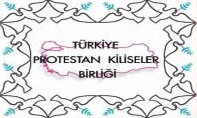 Over 5,000 Evangelicals worship in independent churches that have grown up over the past thirty years. Most were formerly Muslims or atheists and they are known as Protestants because there is no Turkish word for Evangelical. They meet in around 150 churches, mostly concentrated in Istanbul, Ankara and Izmir. The Association of Protestant Churches of Turkey, which began informally in 1989, was formally established in 2009 to link Evangelical churches and leaders and provide them with advocacy and support.
Over 5,000 Evangelicals worship in independent churches that have grown up over the past thirty years. Most were formerly Muslims or atheists and they are known as Protestants because there is no Turkish word for Evangelical. They meet in around 150 churches, mostly concentrated in Istanbul, Ankara and Izmir. The Association of Protestant Churches of Turkey, which began informally in 1989, was formally established in 2009 to link Evangelical churches and leaders and provide them with advocacy and support.
Many Turks associate Christians with the Crusades, the Inquisition, imperialist policies and western immorality. Evangelicals and especially missionaries have been misrepresented widely by the government, the media and in school textbooks. Christian converts from Islam face social and familial ostracism and sometimes threats from Turkish nationalists and Muslim extremists. On rare occasions, Muslim converts have been attacked and even killed.
Andrew Brunson
American pastor Andrew Brunson, who led Izmir’s Resurrection Church for 23 years, was arrested in October 2016 and imprisoned for two years on false charges of terrorism and spying. His release was the result of intensive diplomatic efforts and he returned to the US immediately.
The Association of Protestant Churches reported that the number of media attacks designed to incite hatred of Protestants seriously increased during Pastor Brunson’s incarceration and trial, with Turkish media repeatedly linking churches and individual Christians to terrorist organisations.
(Al-Monitor, Association of Protestant Churches in Turkey, Christian Solidarity Worldwide, Forum 18, International Christian Concern, Middle East Concern, Operation World, Universal Periodic Review: Stakeholders’ Report October 2024, Voice of the Martyrs Canada, Voice of the Martyrs USA, World Watch List, World Watch Monitor)
Church in Chains in Action
Church in Chains has had several meetings at the Turkish Embassy in Dublin in relation to the legal and social difficulties faced by evangelical churches.
TURKEY: Church repeatedly denied permission to build worship centre
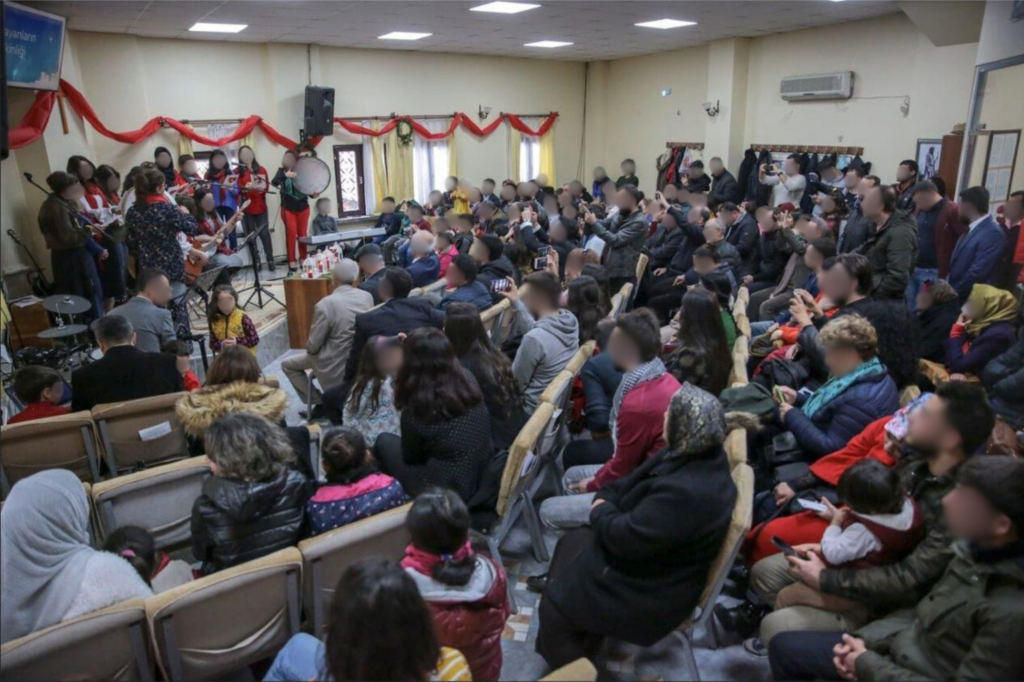
Diyarbakir Protestant Church has been denied permission to build a worship centre and a court has turned down its legal challenge
TURKEY: New report highlights plight of Iranian Christian refugees
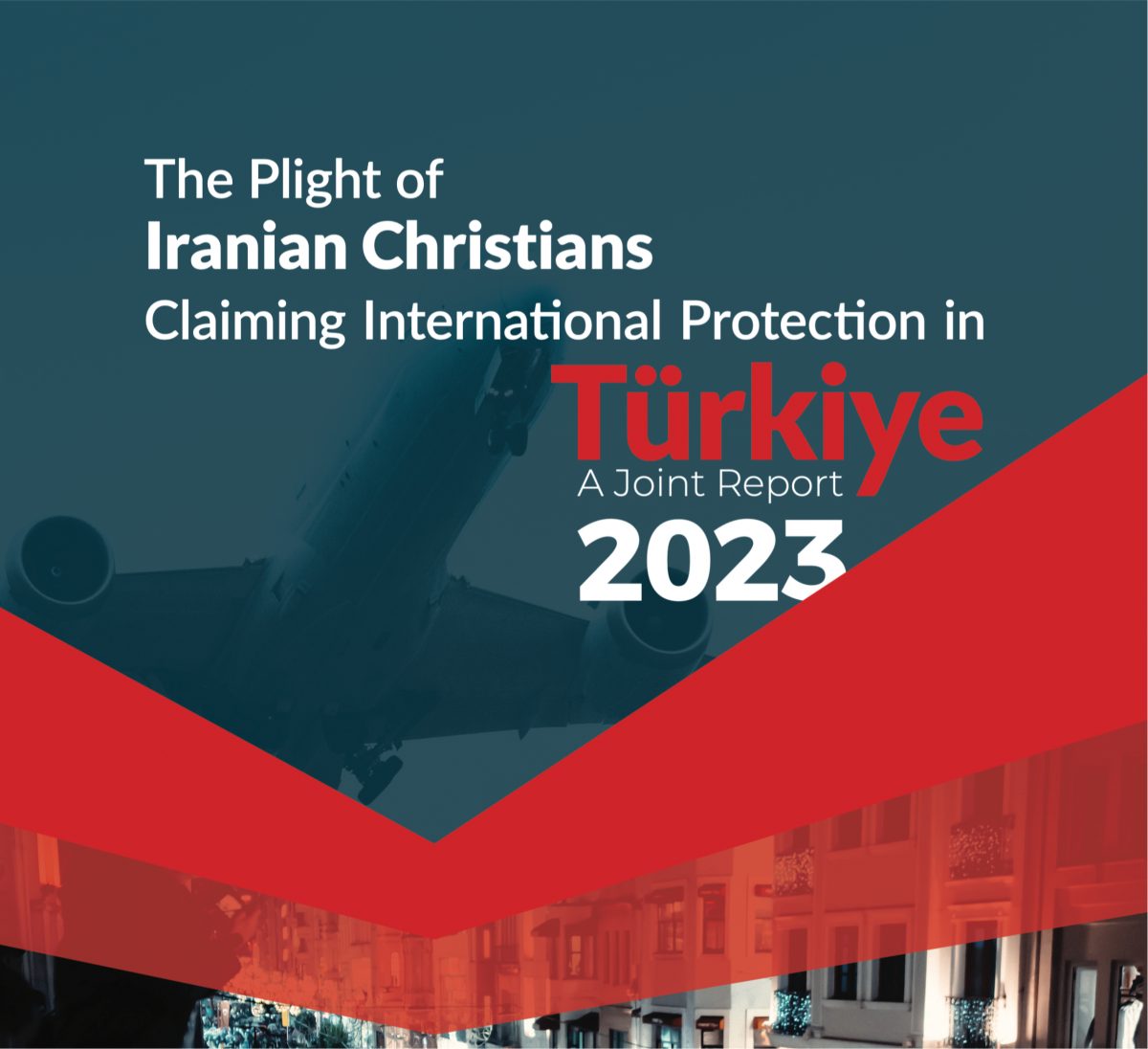
Critical need for Iranian Christian refugees to be given new resettlement opportunities
TURKEY/SYRIA: Christians among those suffering from earthquake
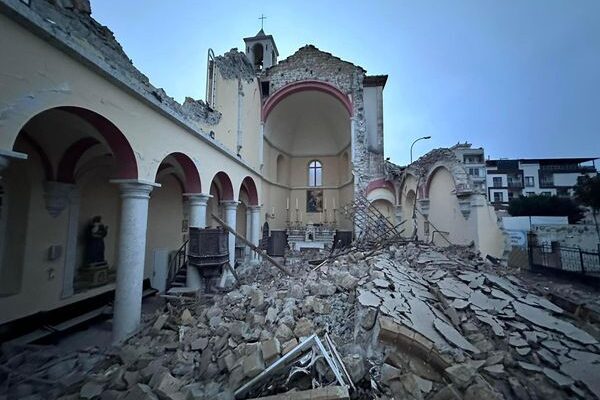
Calls for prayer for all involved in the aid effort
TURKEY: Iranian Christian asylum seekers endure terrible conditions in Turkish camps
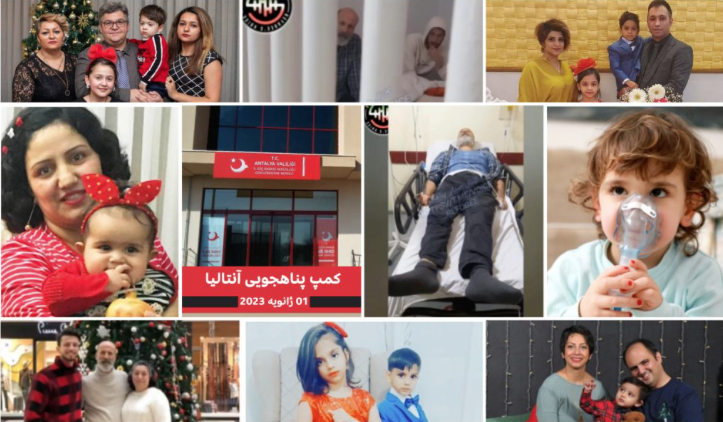
Many Iranian Christian asylum-seekers in Turkey are being detained in terrible conditions in deportation camps
